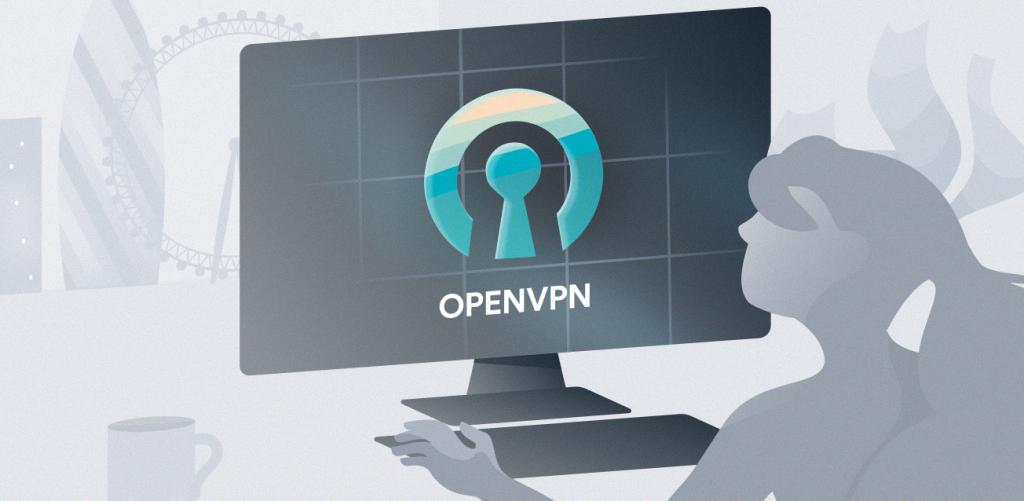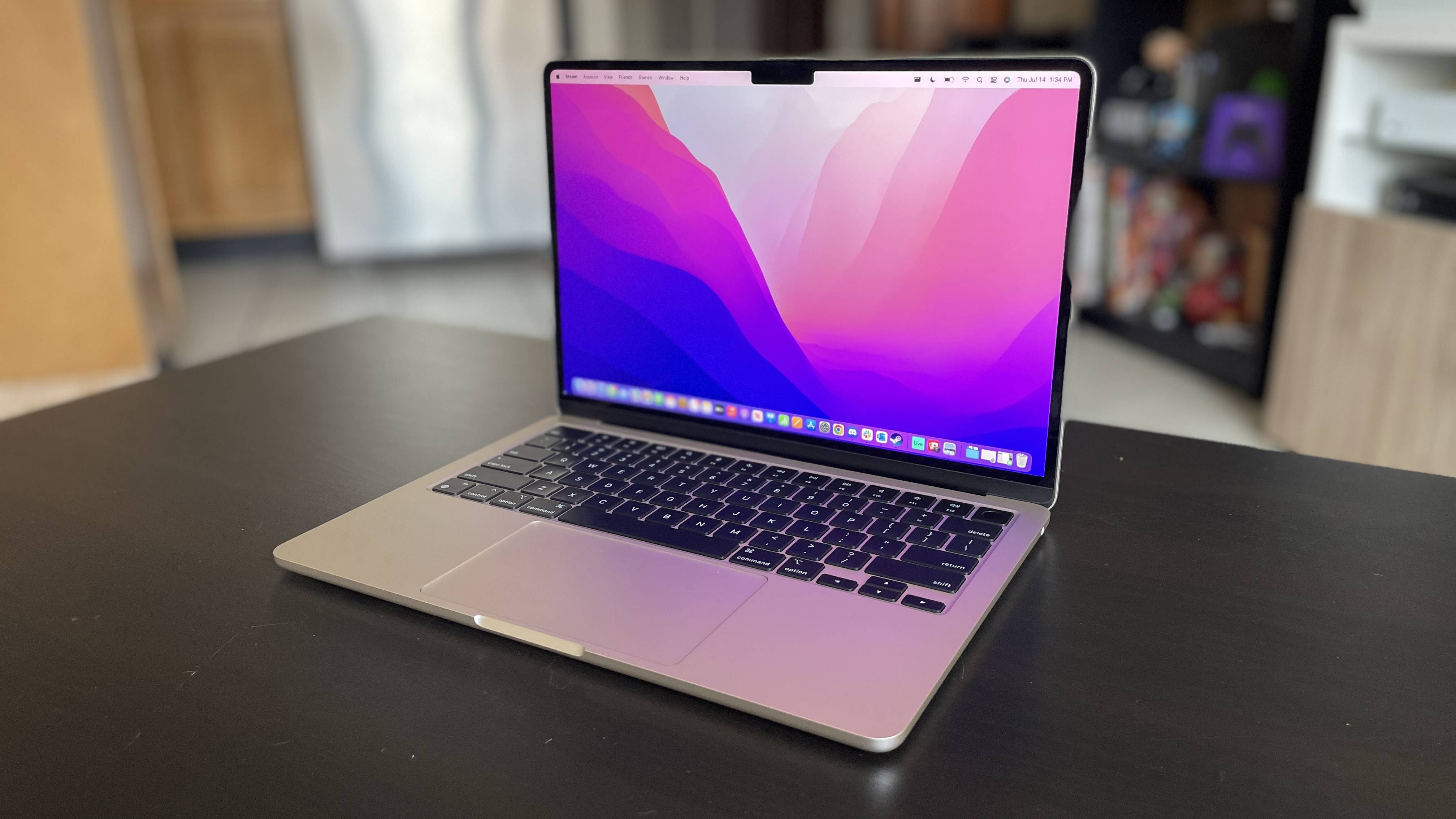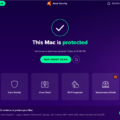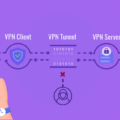OpenVPN is one of the most secure virtual private network (VPN) protocols available today. It is an open-source project, meaning it’s publicly available for anyone to use and modify. OpenVPN has been around since 2001 and has gone through numerous updates and improvements over the years. This means that it is well-tested, secure, and reliable.
OpenVPN uses 256-bit AES encryption to protect your data while you’re connected to the network. It also utilizes an additional protocol known as TLS/SSL to make sure your data is securely transmitted over the internet. In addition, OpenVPN provides extra layers of security such as authentication and data integrity checks. This ensures that your connection is safe from hackers or other malicious actors.
OpenVPN also offers a kill switch feature which allows you to immediately disconnect from a VPN if your connection becomes compromised or unreliable. This helps to further protect your data by preventing any unencrypted traffic from being sent over the internet if there is a sudden interruption in service.
Another advantage of OpenVPN is that it can be used on multiple operating systems including Windows, MacOS, Linux, Android, iOS, and more. This makes it a great option for businesses that need secure connections across different devices in their organization.
Finally, OpenVPN never sells any personal data or usage information so you can rest assured that your privacy will be kept safe at all times while using this protocol.
Overall, OpenVPN is an incredibly secure protocol that offers great features for users looking for a reliable VPN solution with strong encryption standards and excellent privacy protection. If you’re looking for a safe way to browse the web without worrying about prying eyes then OpenVPN might be just what you need!

Source: surfshark.com
Can OpenVPN Be Trusted?
Yes, OpenVPN can be trusted. It is a secure and reliable virtual private network (VPN) protocol that is trusted by many users and organizations around the world. OpenVPN uses military-grade encryption to secure your data as it travels between your device and the VPN server. This means that even if someone were to intercept your traffic, they would not be able to read its contents or access any of your data. Additionally, OpenVPN supports a range of authentication options such as username/password, certificates, two-factor authentication, and even biometric authentication methods like fingerprint scanning. This ensures that only authorized users can access the network.
OpenVPN has also been independently audited by outside security experts who found only minor issues which have since been resolved. It is also open-source software, meaning anyone can examine its source code for potential weaknesses or vulnerabilities. As a result, OpenVPN remains one of the safest protocols available and is highly recommended by security professionals worldwide.
Comparing the Safety of OpenVPN and NordVPN
OpenVPN Connect does offer some of the same security features as NordVPN, such as AES-256 encryption and a kill switch. However, NordVPN offers a few additional features that may make it a better option for those looking for the highest level of security. These include Double VPN, CyberSec malware protection, and Onion over VPN routing. Additionally, NordVPN has more server locations around the world, allowing you to access geo-restricted content in more places.
When it comes to safety, OpenVPN Connect is certainly not on par with NordVPN. While both services have strong security measures in place, NordVPN takes additional steps to ensure your data remains private and secure. Thus, if you’re looking for maximum protection while using the internet, NordVPN is likely the better choice.
Does OpenVPN Hide My IP Address?
Yes, OpenVPN does hide your IP address. When you connect to OpenVPN, your device establishes a secure connection with the OpenVPN server. Instead of seeing your device’s real IP address, anyone monitoring the connection will only see the IP address of the OpenVPN server. This means that your real IP address is hidden and not accessible to anyone on the internet. Furthermore, any data that is sent over this secure connection is also encrypted, so it can’t be intercepted or read by third parties.
Can OpenVPN Be Vulnerable to Hacking?
The short answer is yes, it is possible for OpenVPN to be hacked. However, the encryption used by OpenVPN (AES-256) is extremely strong and would require an immense amount of computing power to break, making it nearly impossible for a hacker to decrypt your data. That said, there are other ways a hacker can compromise your connection. This includes using malicious links or gaining physical access to your device. To protect yourself from these threats, always exercise caution when clicking on links, and make sure to keep your device secure with strong passwords and other security measures.
Is Free OpenVPN Secure?
OpenVPN is a safe and secure VPN protocol, and it is completely free to use with OpenVPN Access Server. The encryption used by OpenVPN is the same type of encryption used by many banks and corporate networks, so your data is always encrypted while in transit. With OpenVPN Access Server, all communication between your computer and the server is encrypted and authenticated, meaning that your data remains private even if it passes through an untrusted network. Additionally, OpenVPN Access Server uses a web server that provides HTTPS SSL encryption for added security. Therefore, free OpenVPN with OpenVPN Access Server is extremely safe for use.
The Benefits of Using OpenVPN
OpenVPN is the perfect choice for secure and reliable remote access. It provides an encrypted tunnel between two computers, protecting your data from eavesdropping and man-in-the-middle attacks. OpenVPN is also very fast, allowing you to transfer large files quickly and securely. With its wide range of configuration options and support for many protocols, OpenVPN can be used in almost any situation. Its small footprint means it can easily be deployed on devices like routers, ensuring that all your traffic is encrypted no matter where it originates or terminates. OpenVPN also has a built-in failover feature that allows you to switch between multiple servers if one goes down, ensuring that your connection remains reliable even when network conditions are poor. Finally, OpenVPN is open-source software, so it’s free to use and modify as needed.
Conclusion
In conclusion, OpenVPN is a highly secure protocol that comes highly recommended by experts. Its security has been audited multiple times and any issues discovered were quickly resolved. It uses AES-256 encryption and includes a kill switch to keep your data secure. Additionally, OpenVPN Cloud does not change, hide, or sell public IP addresses or provide access to the internet by default. It provides a secure connection between devices that are connected to it. All in all, OpenVPN is a safe and secure protocol that provides users with peace of mind while browsing the internet.








